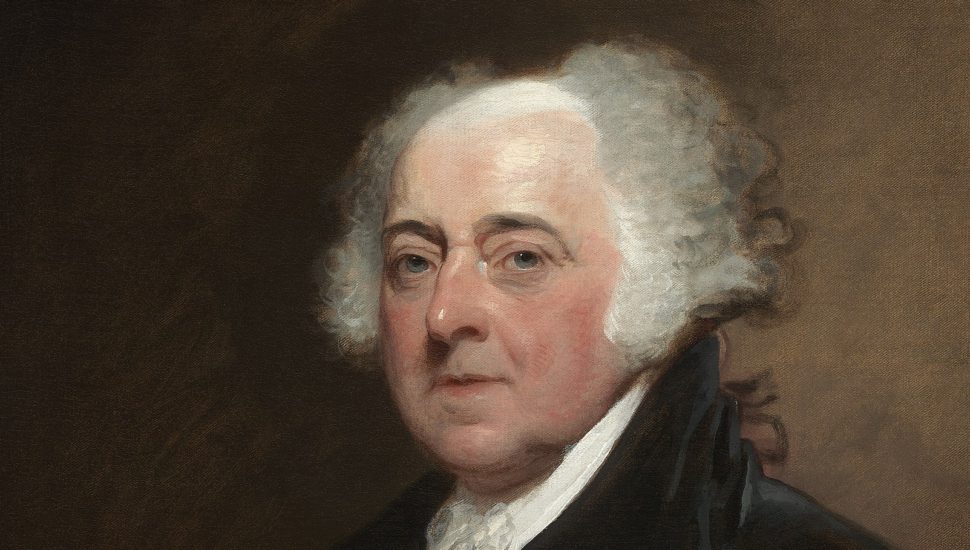Wall Street Journal: How America’s First One-term President Found Purpose and Reconciliation after Defeat

While John Adams, the United States’ first one-term president, did not take his political defeat well, over time his resentment abated and he found a path towards reconciliation with his then opponent, Thomas Jefferson, writes Ted Widmer for The Wall Street Journal.
Adams became the nation’s president in 1797. His election after George Washington stepped down was unsurprising, as he was considered the heir presumptive.
Four years later though, he was defeated by Jefferson in a tense election that demonstrated a deep divide among American citizens, racial anxieties, and even deviousness.
To compound his anger, Adams had just moved into the recently completed White House before the voters decided he needed to repack his bags. The day Jefferson was inaugurated, Adams left Washington at the crack of dawn and was hours away by the time his opponent was sworn in.
However, the two men were not always adversaries. They were cordial friends at the start of the revolution and worked on the Declaration of Independence together. They both served the country dutifully in any way that was required.
But their friendship began to abate when the earliest political parties started to form. As vice-president, Adams was defending Washington’s policies. Jefferson meanwhile, responded to the unruly populism that was emerging.
In the four years after Adams was elected, Jefferson built up a network of supporters and made changes to the electoral process in his favor by granting slave states extra votes through the Constitution’s notorious “three-fifths clause.”
When he lost, Adams found it hard to accept the defeat. He was also not sure what he was going to do afterward, since nobody yet knew what it was former presidents were supposed to do.
Still, he put his affairs in order, left a curt note for Jefferson, and departed, showing the entire world that the Americans would abide by the rules.
He led a quiet life in his retirement for years, tending to his farm. Twelve years after he lost the election, he finally stopped sulking and sent a letter to Jefferson who had by then long stopped being a president.
Jefferson responded and the two men continued to exchange friendly letters for the next 14 years.
As fate would have it, they both died on the same day, July 4, 1826 – the Declaration of Independence’s 50th anniversary.
Read more about John Adams at The Wall Street Journal by clicking here.
Join Our Community
Never miss a Delaware County story!
"*" indicates required fields



![95000-1023_ACJ_BannerAd[1]](https://delco.today/wp-content/uploads/sites/3/2023/03/95000-1023_ACJ_BannerAd1.jpg)



























